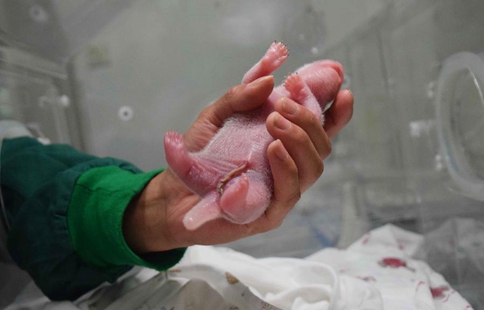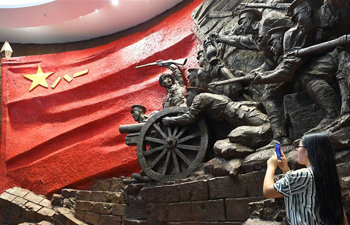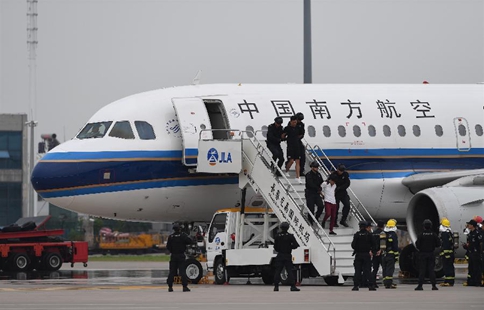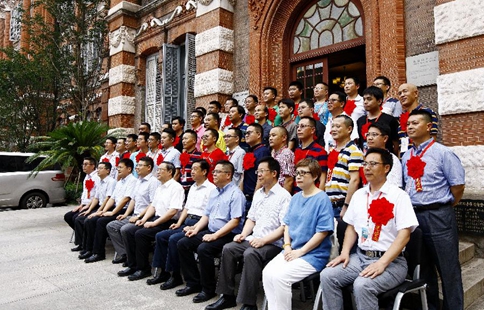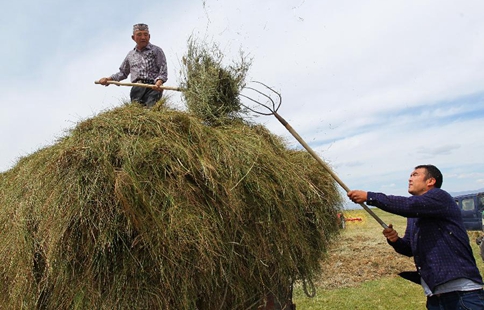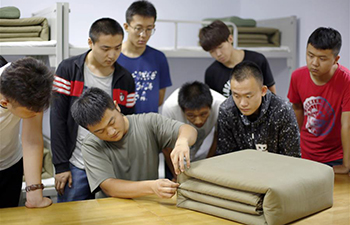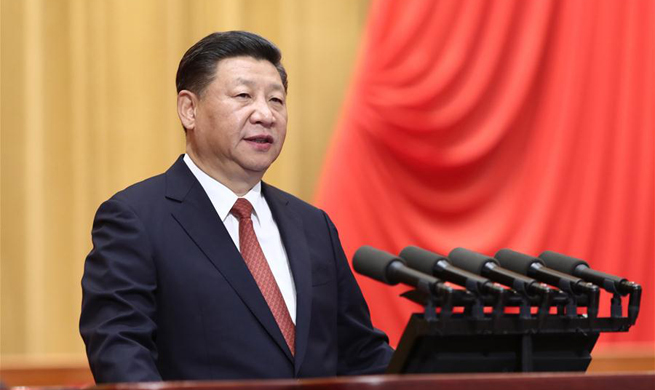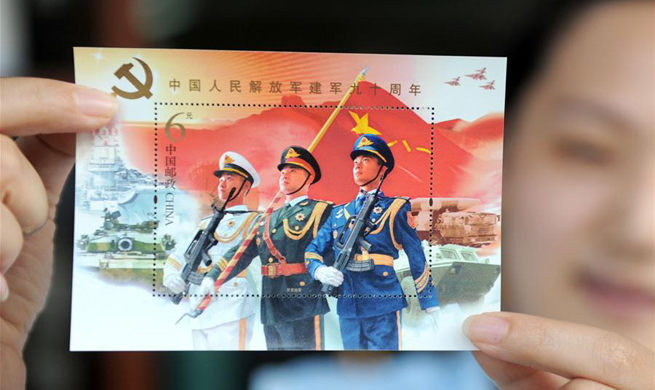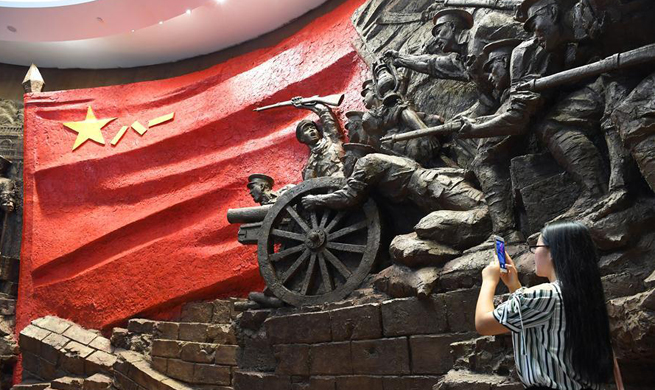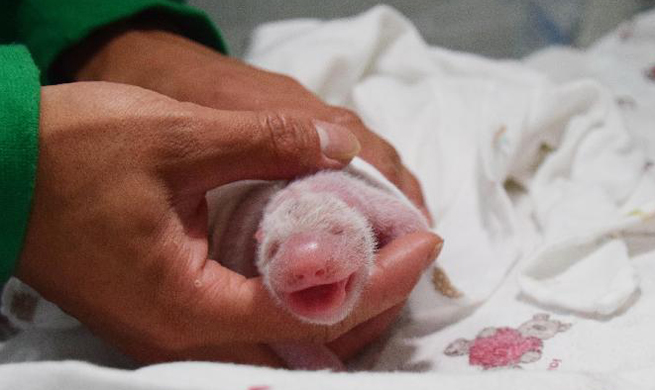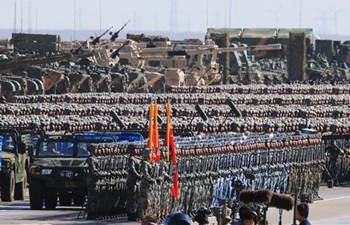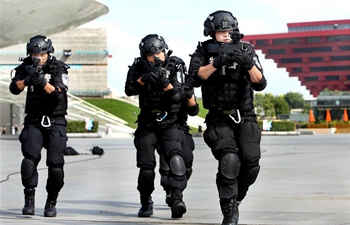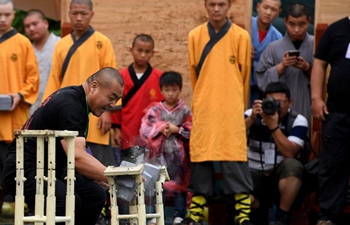by Bedah Mengo
NAIROBI, Aug. 1 (Xinhua) -- Small traders in Kenya's capital Nairobi are counting losses as business declines considerably due to the forthcoming elections.
The traders, especially those selling items like clothes, shoes and mobile phones are recording low sales as consumers' focus shifts to the Aug. 8 polls.
All the traders are currently doing is to open their shops, sit and wait for the day to end before they return home, hoping that elections would come and pass sooner.
"Business is bad, really bad. I wish elections were tomorrow so that we vote and elect whoever we choose and move on with life. Things have never been really bad like this. The last election was even better," Patrick Kimani, who runs a shoe shop in Nairobi, said Tuesday.
During the last election in 2013, Kimani said business slowed down about three days to elections but this time round, the traders began feeling the pinch nearly two weeks to the polls.
"You open your shop early hoping that people would stream in and buy your goods but no one pops in. It is as if no one cares that our businesses exist," said Kimani.
Before the election mood set in, Kimani said he would make sales of up to 100 U.S. dollars in day, but currently getting even 20 dollars is a struggle.
A good number of the traders have also not restocked their shops with merchandise, adopting a wait-and-see attitude.
President Uhuru Kenyatta is seeking re-election against his main challenger Raila Odinga, who is the Opposition coalition National Super Alliance candidate. Opinion polls have shown their popularity is neck-and-neck.
"My prayer is that this election is decided in the first round so that we move on with our lives. If no candidate wins in the first round and we go to the second, this will drag the electioneering period affecting business badly," said Gilbert Wandera, a computer trader in Nairobi.
At Gikomba, East African nation's biggest second-hand items market, traders decried of poor sales as they noted suppliers have stopped the importation of goods in large quantities.
"Human traffic to this market has reduced greatly. There are no people to buy our products, so we also cannot buy from the wholesalers. In fact I am coming here because I do not want to sit idle at home," said Vincent Mosesa, a shoe trader.
Hordes of people are travelling upcountry from Nairobi, one of the reasons businesses have been hit harder.
However, the low sales are not only being witnessed in Nairobi, up country traders are equally feeling the pinch, with customers seemingly holding onto their money.
"There is no business in the markets," said Beryl Auma, a trader who sews and sells clothes in Kakamega, western Kenya.
"I have taken my clothes to different markets in the last few days but barely sold any because the retailers are not buying. Myself I sell on wholesale," she said.
Analysts noted that elections, especially in Kenya, normally create uncertainty which in turn affect consumers making many develop a wait-and-see attitude.
"People would not want to spend money on something when they are not assured of tomorrow. The 2007 polls where violence was witnessed were a great turning point for Kenyans that up to now many citizens have never recovered," said Henry Wandera, an economics lecturer in Nairobi.
Latest Kenya National Bureau of Statistics data indicated that the real Gross Domestic Product, that is the total value of goods and services produced in a year, grew by 4.7 per cent in the first quarter of this year.
This was the slowest quarterly growth since 2013.




